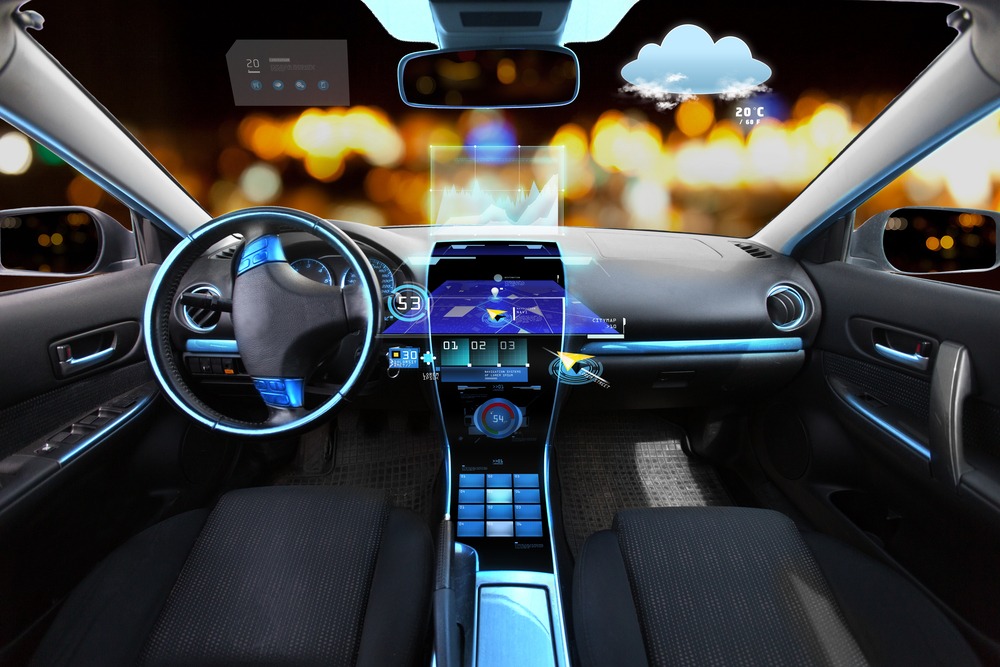
The evolution of the digital vehicle poses challenges to the automobile industry, a report by Deutsche Bank Research said recently.
“The digitalization of cars will increase the number of potential suppliers (particularly in the fields of electric technology, software, data processing and digital security),” the report said. “With regard to the market structure of the industry, that means the automobile sector will become even more complex; there will be more product segments and potential market participants, and it will become increasingly more difficult to clearly differentiate the automobile industry from related sectors.”
Technological challenges facing the industry include the ability to make split-second decisions while operating in traffic. For decades, digital vehicles will share the road with those driven entirely by humans. Computer algorithms and humans are likely to react to traffic situations differently.
Driver-assistance programs are the first step in the process toward digitization. The digital vehicle of the future will be able to communicate with traffic systems and other vehicles.
Full adoption of digital vehicles is not likely to happen prior to 2040.
The public has high hopes for digital vehicles. They hope the technology will ease traffic congestion, curb air pollution, increase road safety, make vehicles accessible to more people, and provide more free time.